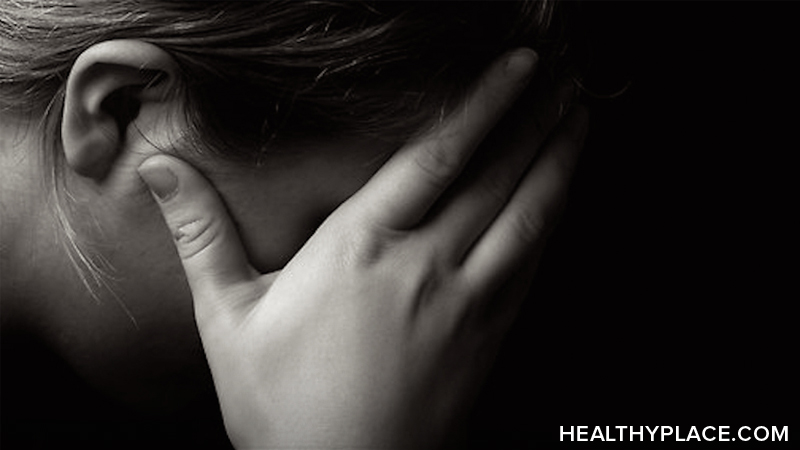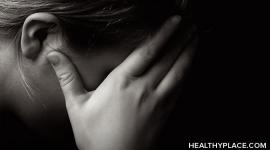Relationship Between Depression and Anxiety

"If you're facing terror every day, it's gonna bring Hannibal to his knees" - Jim Ballenger, a leading expert on anxiety
While depression is often considered a low energy state and anxiety is considered a high energy state, anxiety and depression are more related than people think. Inside, a depressed person often experiences a lot of anxiety – even leading to panic attacks.
Of course, having panic attacks can itself be a depressing thing. Any lack of control within our lives can contribute to depression.
The Link Between Anxiety and Depression Disorder
Anxiety and depression disorders are not the same although there are similar elements. Depression generates emotions such as hopelessness, despair, and anger. Energy levels are usually very low, and depressed people often feel overwhelmed by the day-to-day tasks and personal relationships so essential to life.
A person with anxiety disorder, however, experiences fear, panic or anxiety in situations where most people would not feel anxious or threatened. The sufferer may experience sudden panic or anxiety attacks without any recognized trigger and often lives with constant nagging worry or anxiousness. Without treatment, anxiety and depression disorders can restrict a person's ability to work, maintain relationships, or even leave the house.
Both anxiety and depression treatment are similar, which may explain why the two disorders are so often confused. Antidepressant medication is often used for anxiety and depression and behavioral therapy frequently helps people overcome both conditions.
Why Are Depression and Anxiety Linked?
No one knows exactly why depression and anxiety often occur together. In one study, 85% of those with major depression were also diagnosed with generalized anxiety disorder and 35% had symptoms of panic disorder. Other anxiety disorders include obsessive-compulsive disorder and post-traumatic stress disorder (PTSD). Because they so often go hand in hand, anxiety, and depression are considered the fraternal twins of mood disorders.
Believed to be caused in part by a malfunction of brain chemistry, generalized anxiety is not the normal apprehension one feels before taking a test or awaiting the outcome of a biopsy. A person with an anxiety disorder suffers from what President Franklin Roosevelt called "fear itself." For a reason that is only partially known, the brain's fight-or-flight mechanism becomes activated, even when no real threat exists. Being chronically anxious is like being stalked by an imaginary tiger. The feeling of being in danger never goes away.
"Even more than the depression, it was my anxiety and agitation that became the defining symptoms of my illness. Like epileptic seizures, a series of frenzied anxiety attacks would descend upon me without warning. My body was possessed by a chaotic, demonic force which led to my shaking, pacing and violently hitting myself across the chest or in the head. This self-flagellation seemed to provide a physical outlet for my invisible torment, as if I were letting steam out of a pressure cooker." ~ Douglas Bloch, M.A., author of "Healing From Depression"
When Anxiety and Depression Occur Together
Being both anxious and depressed is a tremendous challenge. Clinicians have observed when anxiety occurs comorbidly (together) with depression, the symptoms of both depression and anxiety are more severe compared to when each disorder occurs alone. Moreover, the symptoms of depression take longer to resolve, making the illness more chronic and more resistant to treatment (read more about Depression Treatment).
Finally, depression exacerbated by anxiety has a much higher suicide rate than depression alone. In one study, 92% of depressed patients who had attempted suicide were also plagued by severe anxiety.1 Like alcohol and barbiturates, depression and anxiety are a deadly combination when taken together.
APA Reference
Tracy, N.
(2022, January 3). Relationship Between Depression and Anxiety, HealthyPlace. Retrieved
on 2026, March 4 from https://www.healthyplace.com/depression/anxiety-and-depression/relationship-between-depression-and-anxiety

